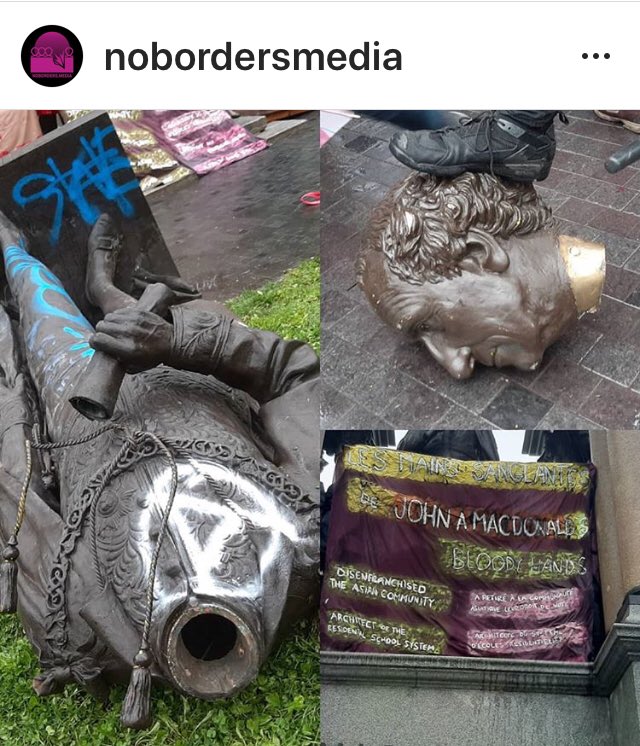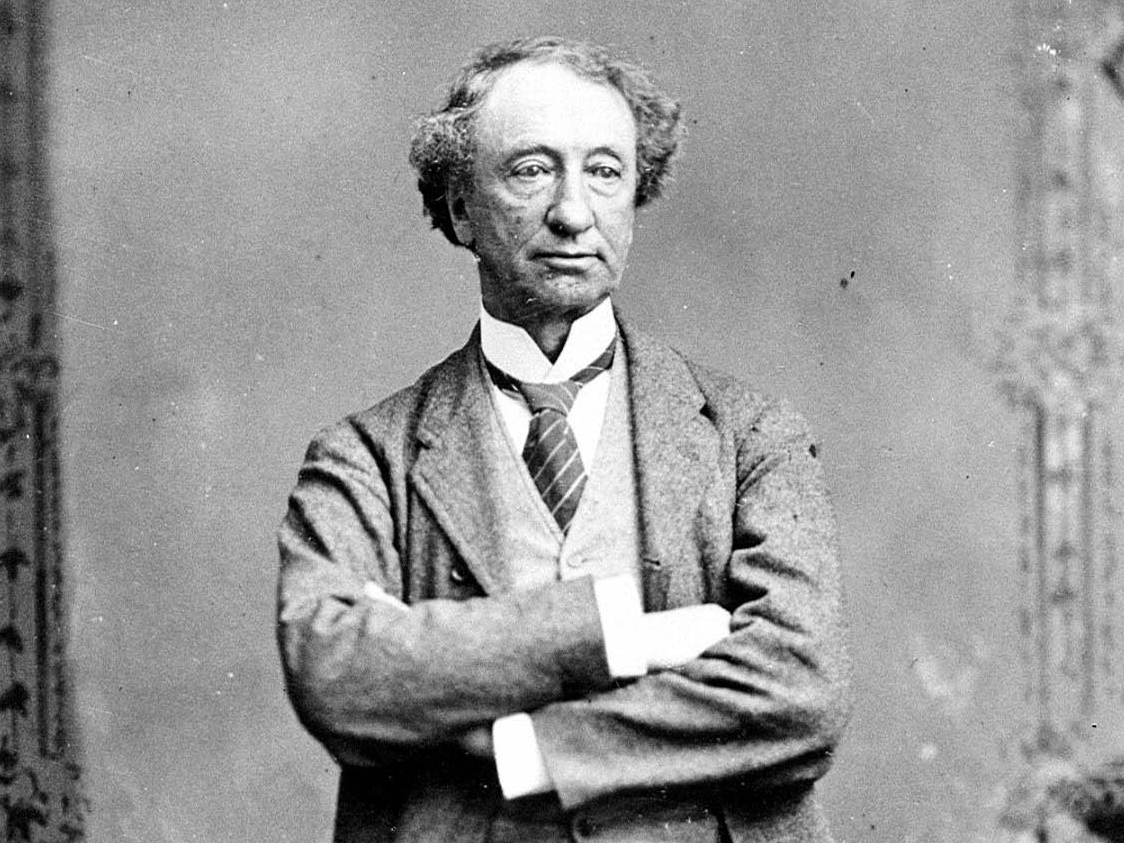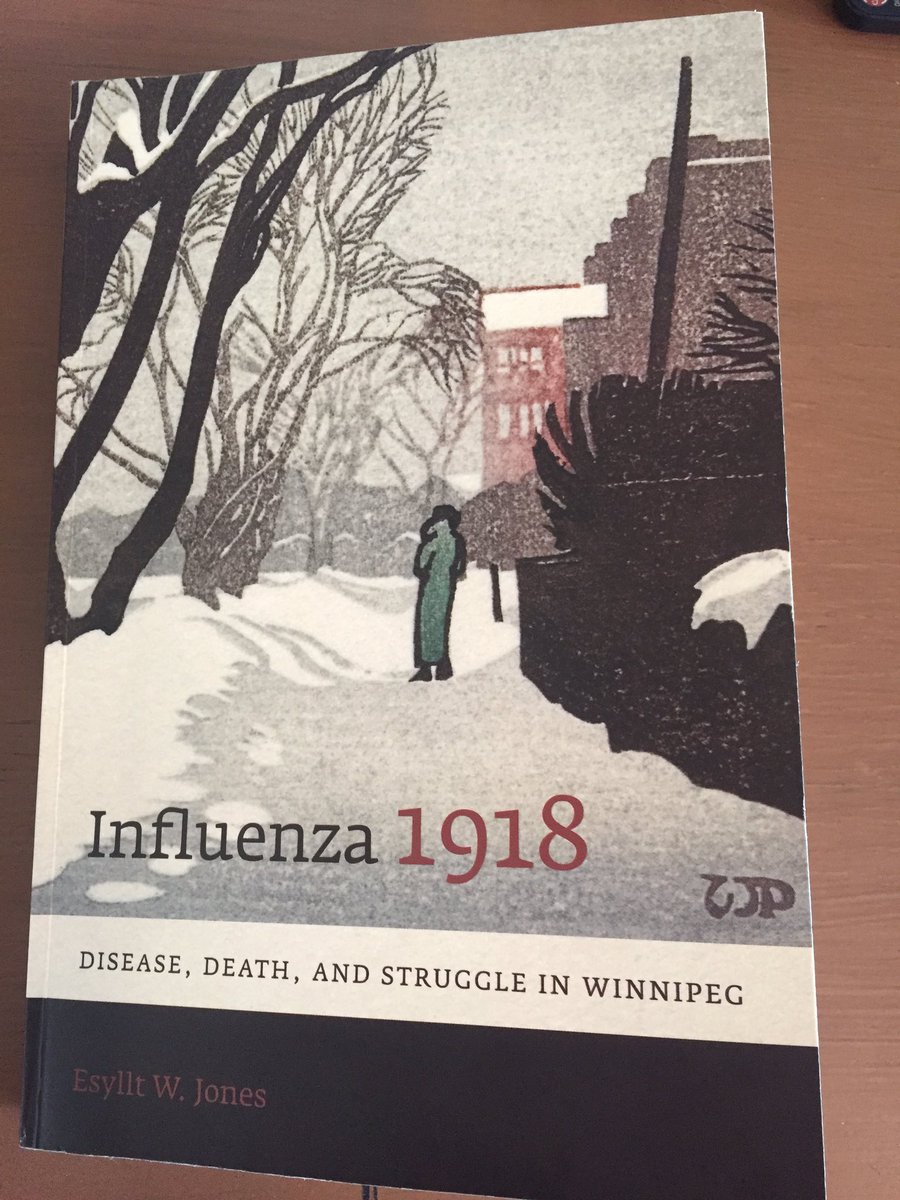
Here's @jkenney's "John A. Macdonald Day" statement, an attempt to change the conversation and take the heat off of the UCP's disastrous handling of the pandemic. It won't work, namely because the statement reveals he can't even get basic Canadian history right. Here's a thread: 
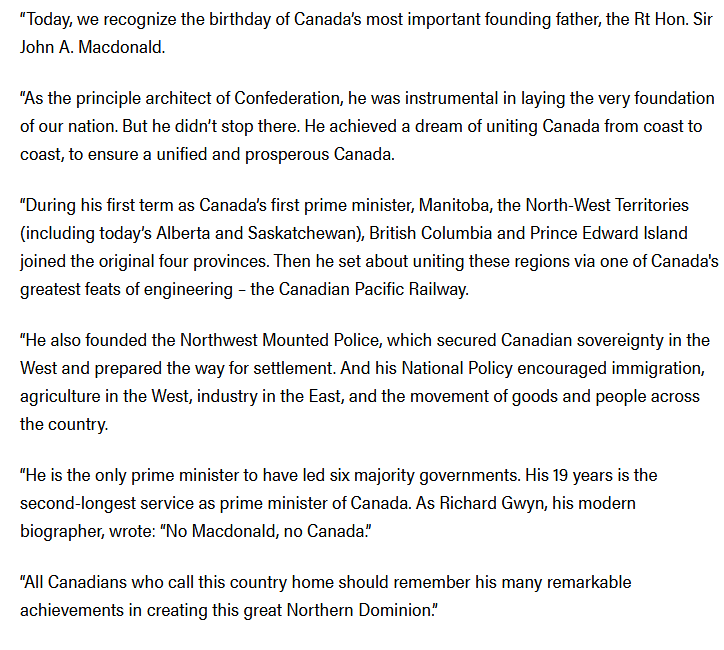
Let's dissect the statement line by line. This is important because Kenney has presented himself and the UCP as experts, not just in public health, but also in education. As many Albertans (I lived in the province for the past 4 years) are realizing, Kenney and the UCP are inept.
1. “Today, we recognize the birthday of Canada’s most important founding father, the Rt Hon. Sir John A. Macdonald." While JAM was a central figure in Confederation, there were many "Fathers of Confederation." JAM was no lone wolf. 
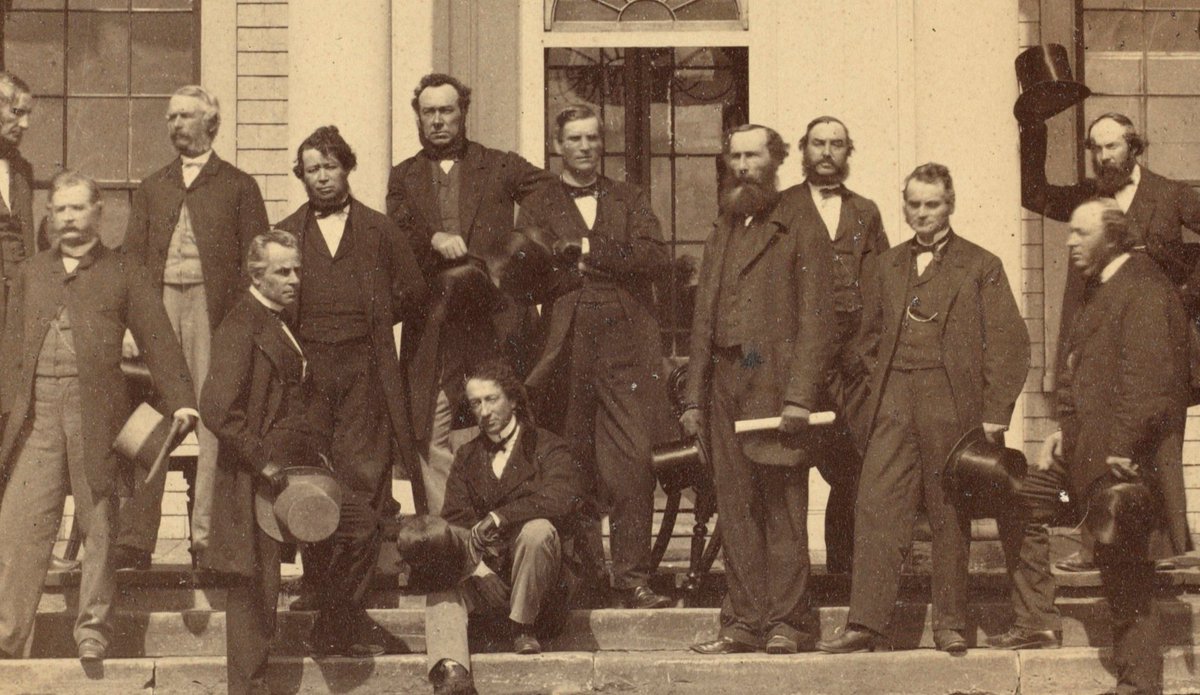
2. “He achieved a dream of uniting Canada from coast to coast, to ensure a unified and prosperous Canada." Well, in JAM's time, Canada was far from unified and the country's economy in the 1870s, 80s, and 90s was mostly boom and bust and the "prosperity" was certainly uneven.
You can read more about this period in @JohnBelshaw's excellent, open access Canadian history textbook: opentextbc.ca/postconfederat…
Now, we're only a few lines in and you can clearly see Kenney's perspective. He is just cherry-picking, choosing to selectively remember Canadian history in a way that emphasizes a sugar-coated, celebratory side. There is no complexity, no nuance. This is clear in the next lines.
3. “He also founded the Northwest Mounted Police, which secured Canadian sovereignty in the West and prepared the way for settlement." Yes, JAM created the NWMP, but he did so as a colonial paramilitary that he could use to contain Indigenous resistance and further colonization.
I've outlined the more complicated history of the origins of the NWMP (later the RCMP) and why it matters here: thestar.com/opinion/contri…
4. "And his National Policy encouraged immigration, agriculture in the West, industry in the East, and the movement of goods and people across the country." This skips over the use of racist policy (Chinese Head Tax), starvation, and going to war with the Metis (1885) etc.
Historian Tim Stanley has talked about Macdonald's views on white supremacy and anti-Asian and anti-Indigenous racism here: macleans.ca/politics/ottaw…. The answer to Stanley's title, "Was John A. Macdonald a white supremacist"? is....yes.
What Kenney is doing, then, is presenting Macdonald uncritically as a nation-builder without acknowledging his role as an attempted nation-destroyer, including JAM's role as the principal architect of the Indian Residential School system and overseer of many genocidal policies.
Historian @innes_rob has written a helpful, nuanced view of Macdonald's full complicated legacy here: theconversation.com/john-a-macdona….
Kenney knows this more complicated history, but prefers to celebrate architects of Indigenous genocide like JAM and manipulate history education to protect the colonial status quo to give him cover to continue a ruthless kind of colonialism and capitalism in Alberta today.
This is the kind of conservative delusion with history we've seen on display in the US for the past few years with Trump - and it is clear where that has taken America. In fact, Kenney's perspective on history education is similar to Trump's: nytimes.com/2020/09/17/us/…
But, we also see this kind of conservative denialism in Canada - not just with Kenney. Here is the Conservative leader, Erin O'Toole, coaching far-right students on residential school denialism, defending JAM in the process: pressprogress.ca/erin-otoole-cl…. And, O'Toole is still leader?
Also, Kenney's own speechwriter, a MAGA-ish character who helped Stephen Harper write Canada's residential school apology, has called residential schooling, in record, a "bogus genocide." cbc.ca/news/canada/ca…. 

There is a clear pattern here. Kenney, O'Toole, Bunner, Lynn Beyak are not aberrations - they are a movement of conservative thinkers out to protect the colonial + capitalist status quo, + they are twisting the past - like Kenney's statement - to protect their political interests
5. “All Canadians who call this country home should remember his many remarkable achievements in creating this great Northern Dominion.”Again, what Kenney is doing is promoting a "remembering" of a one-sided, whitewashed, myth-making version of JAM.
As an historian, Kenney's statement easily could have advanced a more thoughtful, nuanced understanding of JAM - to remember but not uncritically celebrate him - but that is clearly not Kenney's goal.
This kind of shallow thinking is, perhaps how Kenney hopes Albertans will remember him and his handling of the pandemic. But history will not be kind to Kenney. His actions, like Macdonald's, will be critically remembered and evaluated, not celebrated. That's how history works.
• • •
Missing some Tweet in this thread? You can try to
force a refresh


